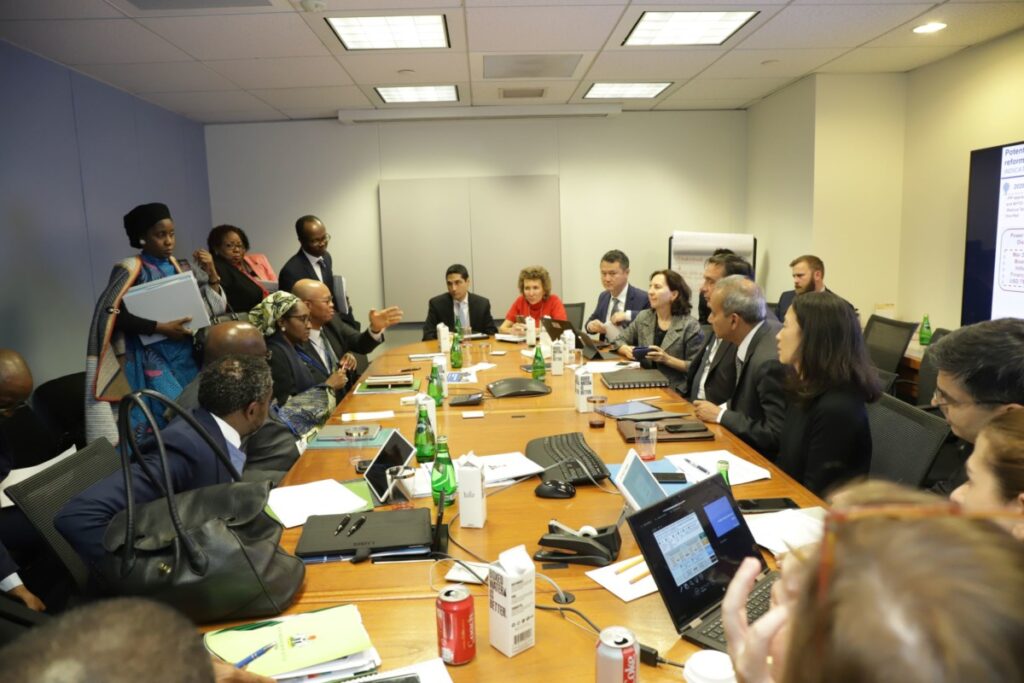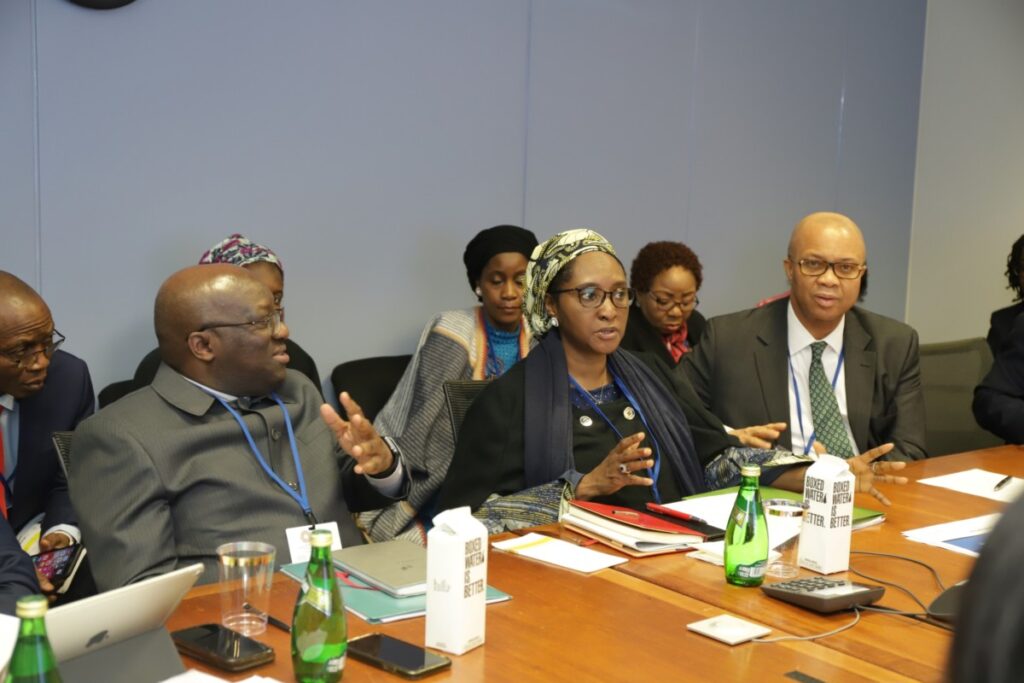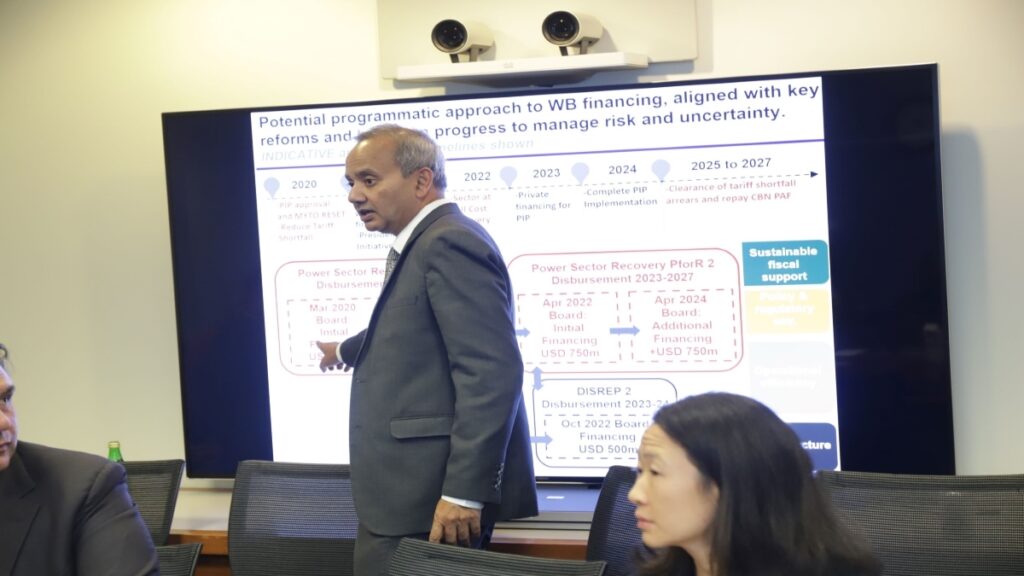On why growth in any country should be at the heart of development policy, it is Dani Rodrik of Harvard University who, speaking on ‘One Economics, Many Recipes: Globalisation, Institutions and Economic Growth,’ said: “Historically nothing has worked better than economic growth in enabling societies to improve the life chances of their members, including those at the very bottom.”

Immense support and investment in human capital development in Nigeria to ensure adequate drivers of economic growth cannot be overempansised, though ultimately the biggest determinants of growth in a country will arguably be its leadership, policies and institutions. But the human capital development appears to be at the centre of it all, be it leadership, policies or institutions.
No wonder, therefore, Mrs. Zainab Ahmed, Honourable Minister of Finance, Budget and National Planning, would say: “Well, we need support in human capital development. The World Bank has already done quite a lot of support in this sense. For example, the child education support that is being designed in the country is only for $10 million. Nigeria is a population of 200 million people. Let me say that 60 percent of our population is below the age of 45 and within the 60 percent, more than half are young children of school age.”
According to her: “We also have the challenge of having the highest number of out of school children in the North East which has worsen the indicators significantly. So, we need to concentrate in investing in education of our children, and when that is done, it is actually investing indirectly in the Nigerian economy.”
On one hand, human capital development is very key in that economic growth is the most powerful instrument for reducing poverty and improving the quality of life in developing countries. Both cross-country research and country case studies provide overwhelming evidence that rapid and sustained growth is critical to making faster progress towards the Millennium Development Goals (MDGs) – and not just the first goal of halving the global proportion of people living on less than $1 a day.

On the other hand, growth can generate virtuous circles of prosperity and opportunity. Strong growth and employment opportunities improve incentives for parents to invest in their children’s education by sending them to school. This may lead to the emergence of a strong and growing group of entrepreneurs, which should generate pressure for improved governance.
Strong economic growth therefore advances human development, which, in turn, promotes economic growth. But under different conditions, similar rates of growth can have very different effects on poverty, the employment prospects of the poor and broader indicators of human development. The extent to which growth reduces poverty depends on the degree to which the poor participate in the growth process and share in its proceeds. Thus, both the pace and pattern of growth matter for reducing poverty.
A successful strategy of poverty reduction must have at its core measures to promote rapid and sustained economic growth. The challenge for policy is to combine growth promoting policies with policies that allow the poor to participate fully in the opportunities unleashed and so contribute to that growth. This includes policies to make labour markets work better, remove gender inequalities and increase financial inclusion.
It is in the light of how important human capital development is to economic growth that Department for International Development (DFID), among other multilateral organisations, works for inclusive growth through a number of programmes and continues to spend heavily on health and education, which have a major impact on poor people’s ability to take part in growth opportunities.






